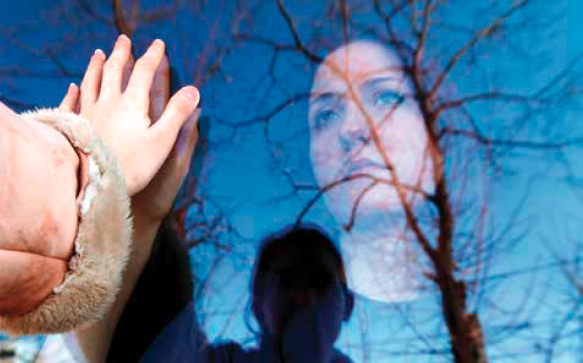
How to reduce the impact of hearing loss ?
Our daily life is a soundtrack that we often take for granted: a loved one’s voice, a friend’s laugh, a song with memories attached. But what happens when our hearing starts playing tricks on us? Conversations become challenging, work less interesting and pastimes less enjoyable. There are many impacts of hearing loss in our lives, and they can be emotional and/or physical: isolation, embarrassment, frustration, decreased self-esteem, fatigue, stress, appearance of cognitive difficulties and more. Of course it is because these consequences touch a sensitive spot that many people aren’t keen to talk about it.
What are the impact of hearing loss on our daily life?
Add to that the practical aspects hearing the oven timer, the phone ring, the smoke detector or traffic—and we realize how our safety and independence are affected. In addition, tinnitus is increasingly becoming the main reason that spurs a person to get a consultation. Underestimated in the past, it is definitely causing an increasing number of headaches.
How many people suffer of hearing loss around the world ?
The World Health Organization estimates that more than 630 million people around the world suffer from hearing loss. With an environment that keeps getting noisier and an ageing population, it is important to keep an eye on our hearing health to maintain our quality of life. The people we see in our job remind us how good hearing can change our perspective on life, whether it’s a growing child, a worried worker or an isolated senior.
What are the solutions to reduce the impact of hearing loss?
Come discuss your concerns with us and we will work to find a solution that works for you. Resolution always begins with an understanding of hearing loss and its consequences. Among the various solutions, communication strategies are an important starting place: conversations can be improved by making simple changes in our life habits. Hearing aids or assistive listening devices can also be excellent means of solving the problem, after a proper analysis of your needs. As you can see, getting your hearing back is a process, and adapting to it is one of the challenges of hearing loss. A process in which the audiologist is all ears!
By Marie-Michèle Béliveau, audiologist, Polyclinique de l’Oreille

